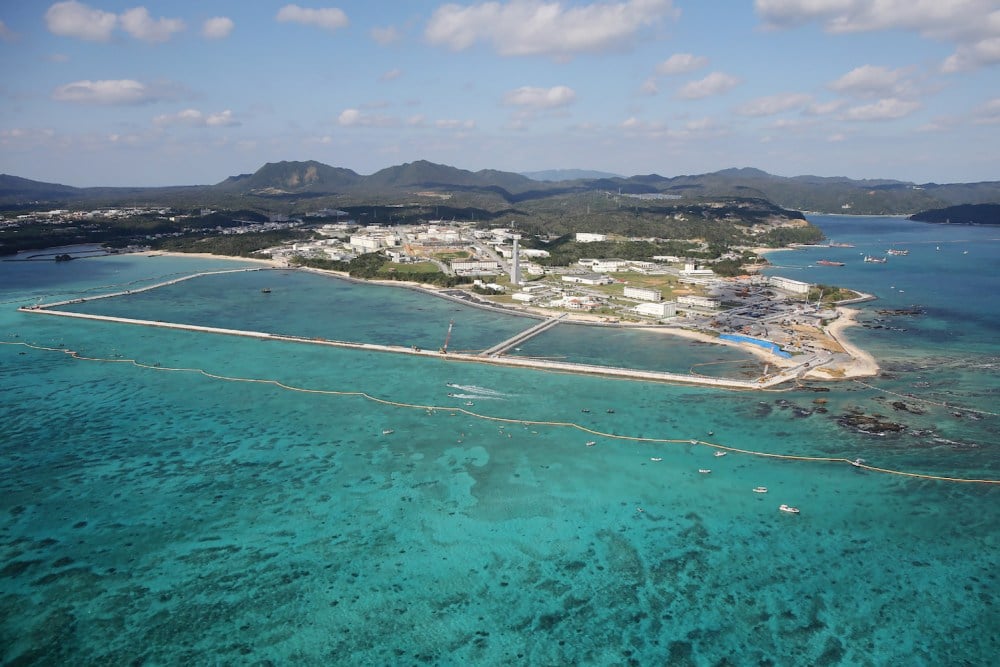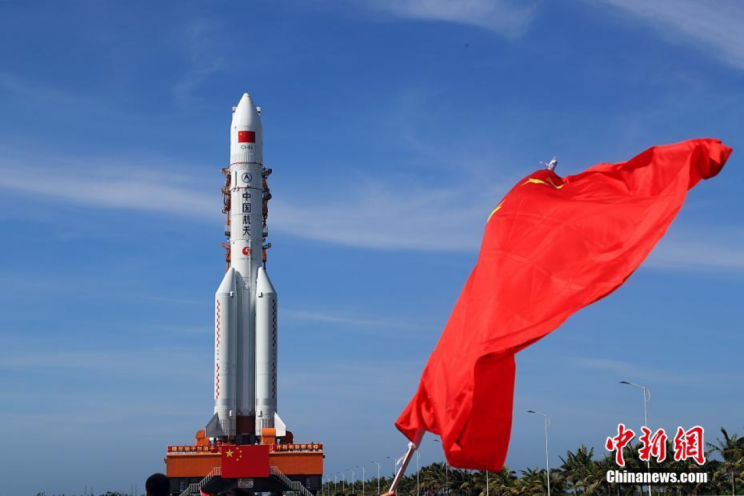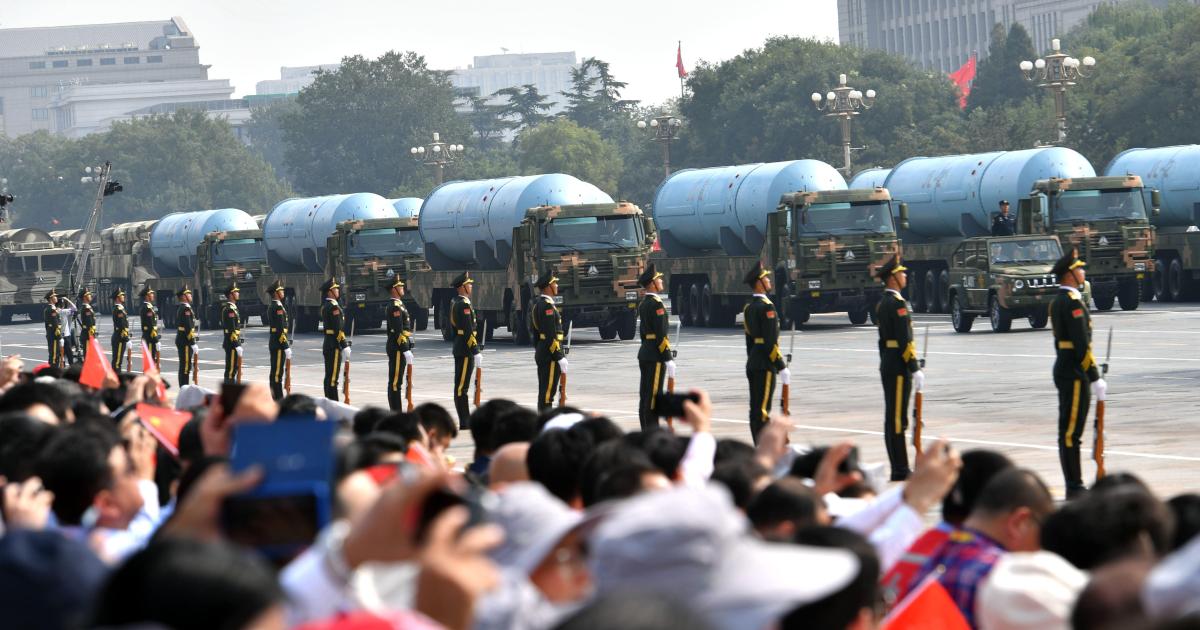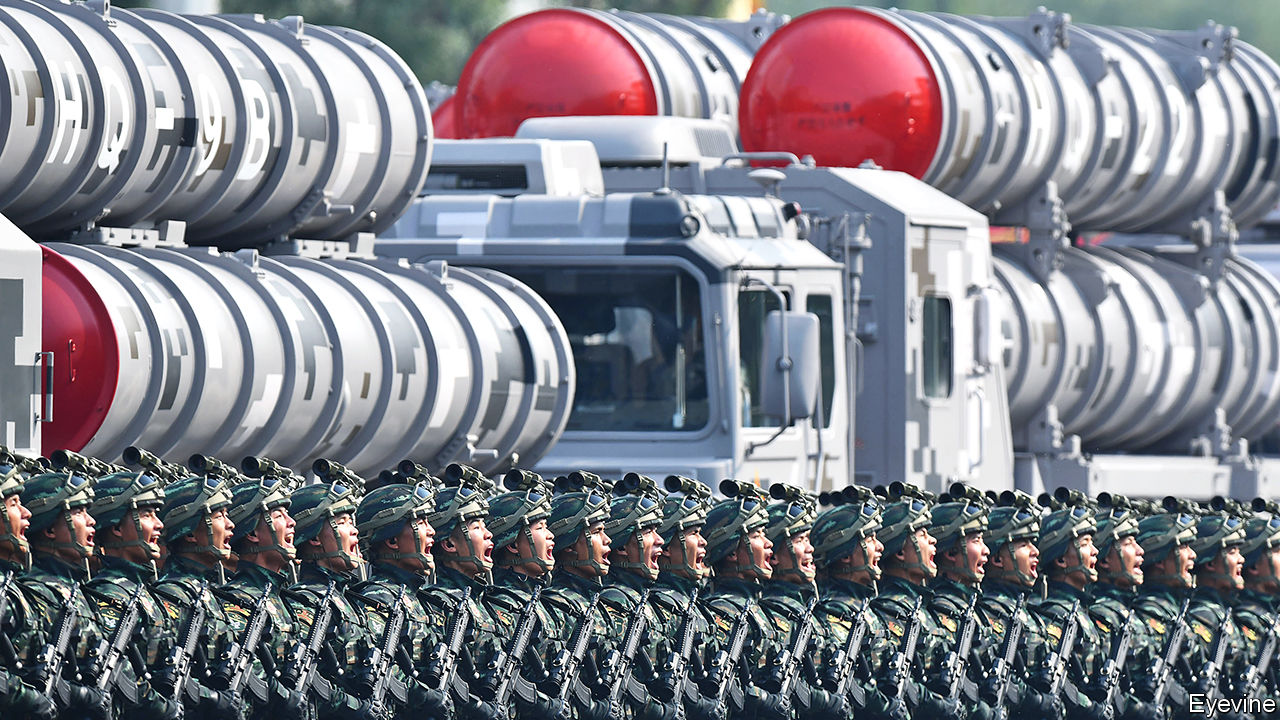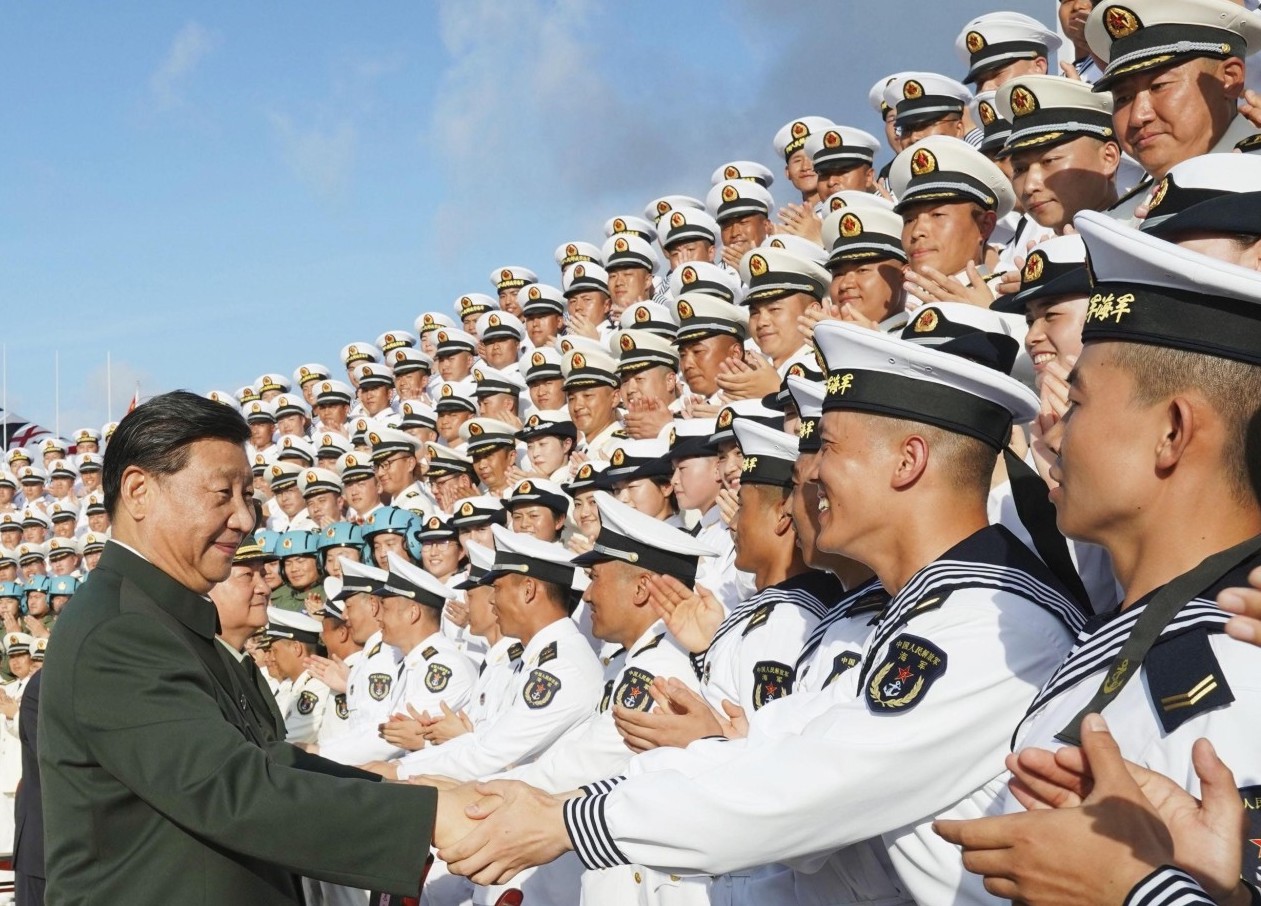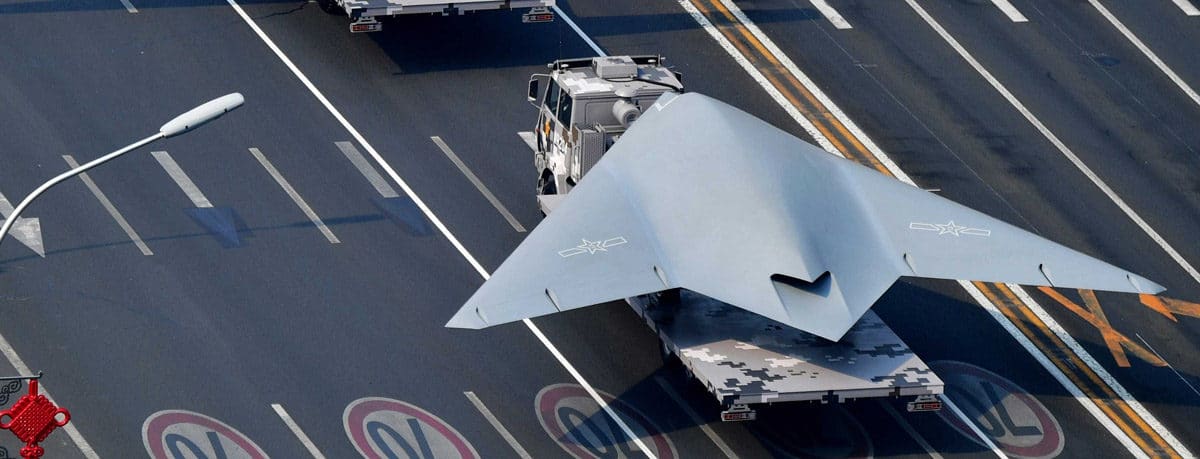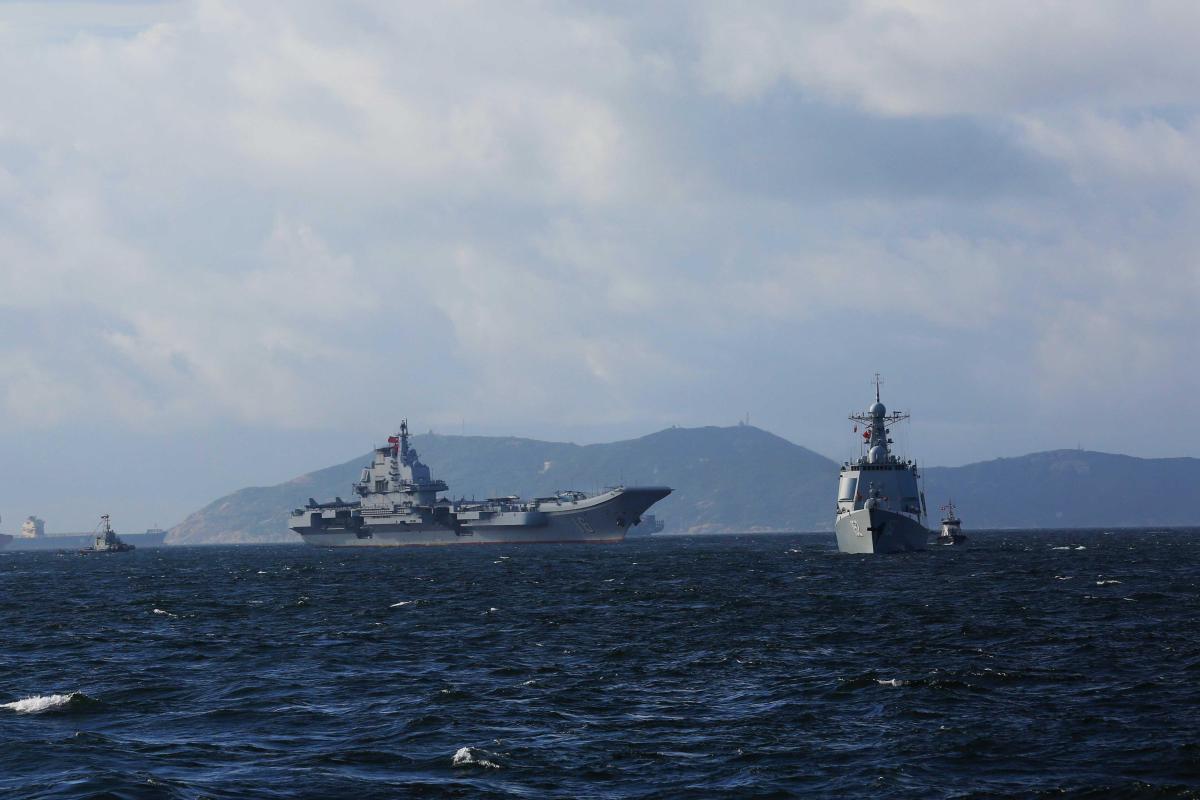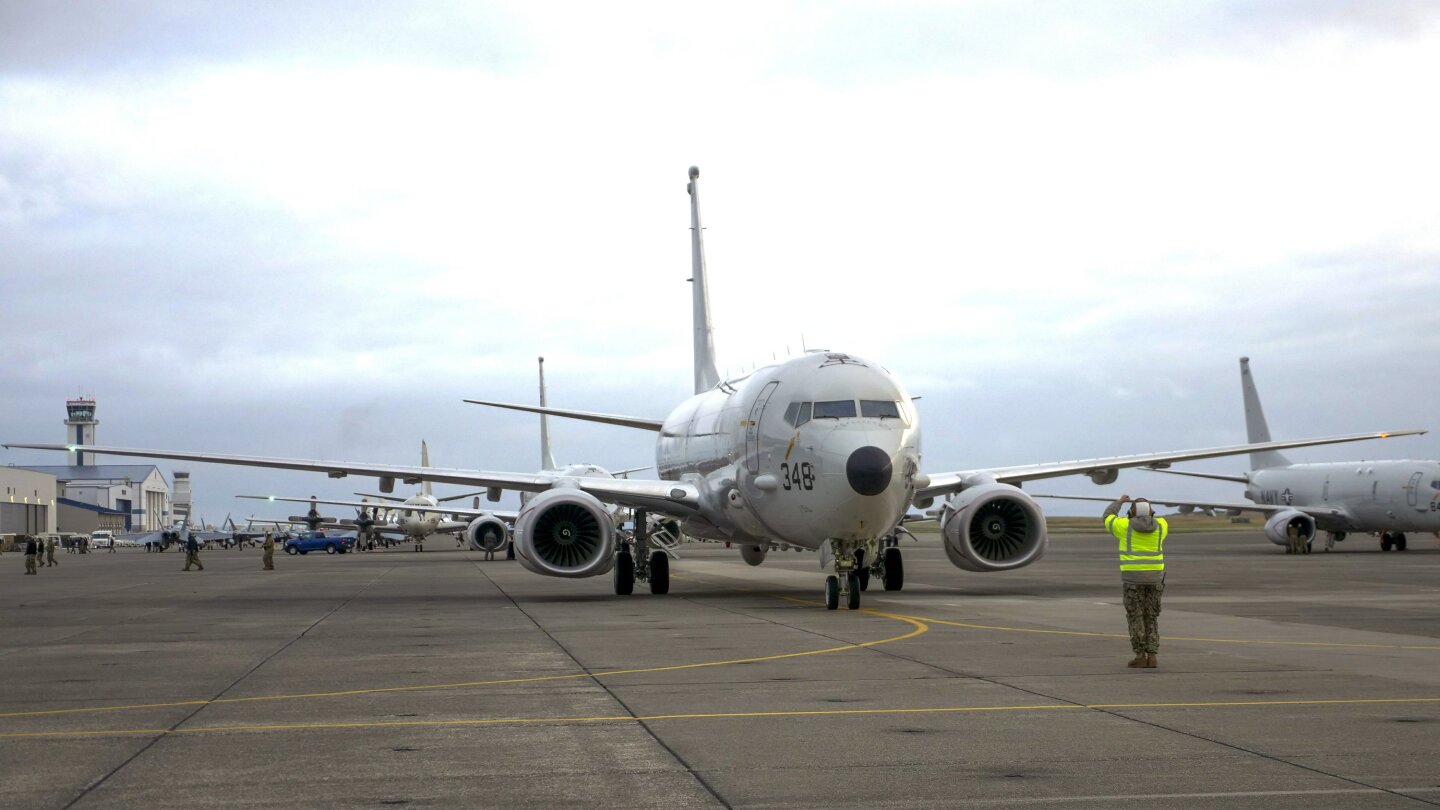I get it, also a sliding scale of cost to benefit ratio of how far can we push them UNTIL they get their collective backsides moving, which could be a very long way. The single state/party will always have an advantage over a highly disorganised collection of multi party states who could not decide on tea or coffee at breakfast/conference table.
I quickly read up on the current state of Cambodia - not much beyond updating my understanding of the basic facts. While I've kept myself better appraised of the wider general developments concerning China and the worldwide confluences of illiberalism, understanding this context goes only so far in specific cases without acute local knowledge.
It never ceases to amaze me how little self respect and sense of worth strongmen like Hun Sen have when it comes to selling their nations and peoples for parts, especially given what lengths they go to in otherwise demanding (forcing) unquestioning respect and loyalty. The direct rewards in the case of China's de facto bases are meager for the state to say the least, so I have to suspect the parties have other more indirect/unconventional ways to compensate each other. On the face of it it doesn't seem like Hun Sen's hand was in any sense forced. The Cambodian army, navy and air force though certainly aren't much to look at and would be a poor direct match for any modern "visiting" force (this is partly by design, Hun Sen's personal guard, or "Royal Gendarmerie", has to match up to any internal challenge).
While I can certainly see that a proficient autocrat, especially having diligently built a capability to concentrate and direct (coercive) force, may have some advantages in nimbleness I hope this theme won't get as overplayed as it has been. It's become a sort of a meme. The totalitarian "power verticals" don't really have institutions as we understand them and no discernible peaceful power succession mechanisms to ordered democratic ones. There's a reason, after all, that regimes such as Russia's and China's still need to invest huge corruptive, disinformative and deceptive resources to divide and tear the democratic world down enough to gain regionally. They need us to stoop to that level or close to it. Too bad they're having so much success in doing so. Realistically, given human nature, all democracies have actors who are in some circumstances willing to play along with dictators for personal gain. Evidently safeguards and incentives against that have to be considerably more imaginative, up to date and effective. The likes of Hun Sen might seem like easy pickings for Chinese powers that be but given recent events we can ill afford to be haughty about egregious examples such as his either.
We face a very different containment problem from the cold war and are operating in a vastly more overlapping information sphere and economy with people who hold a very different view to us of what profit and power are. Imperial zero sum conquest versus belief in true betterment of the overall human condition etc. We keep a certain readiness for conflict but generally are not conflict minded while our autocratic adversaries have long traditions in considering how anything and everything can be, in effect, weaponized. There's a certain art to "red teaming" most of the emerging threats while still being able to chart a way for ourselves with respect to human rights and their accompanying ethics. In the case of Cambodia, there need not be huge investment to make a big difference for the country as a whole. Xi and his regime have been able to be very stingy thanks to Hun Sen's corruption. Maybe there's an opening there, but given how things stand we here can likely keep discussing this over for a quite a while. A concentrated, executable strategy to counter China's is unlikely to emerge in the near term, whether it comes to Cambodia specifically or not.
A Wikipedia article (yep, I resorted to that as well) mentions environmental activists - to go back to my original comment here - among groups of people who have been targeted for killings under Hun Sen's rule. It is somewhat presumptuous of course to "game" strategy through a governmental focal point, with an emphasis on hard force but given the nature of the countries involved it's hard to avoid the conclusion that state power is necessary, whatever the mitigating and corrective developments might be. I have nothing directly to do with Cambodia and my interest, as evident, rests on my wider interest in inoculating ourselves against the emerging, pervasive and corrupting forms of autocracy. But many do and are able to think much more laterally and concretely about this specific issue than me. Here's hoping we can yet effectively play to our strengths.
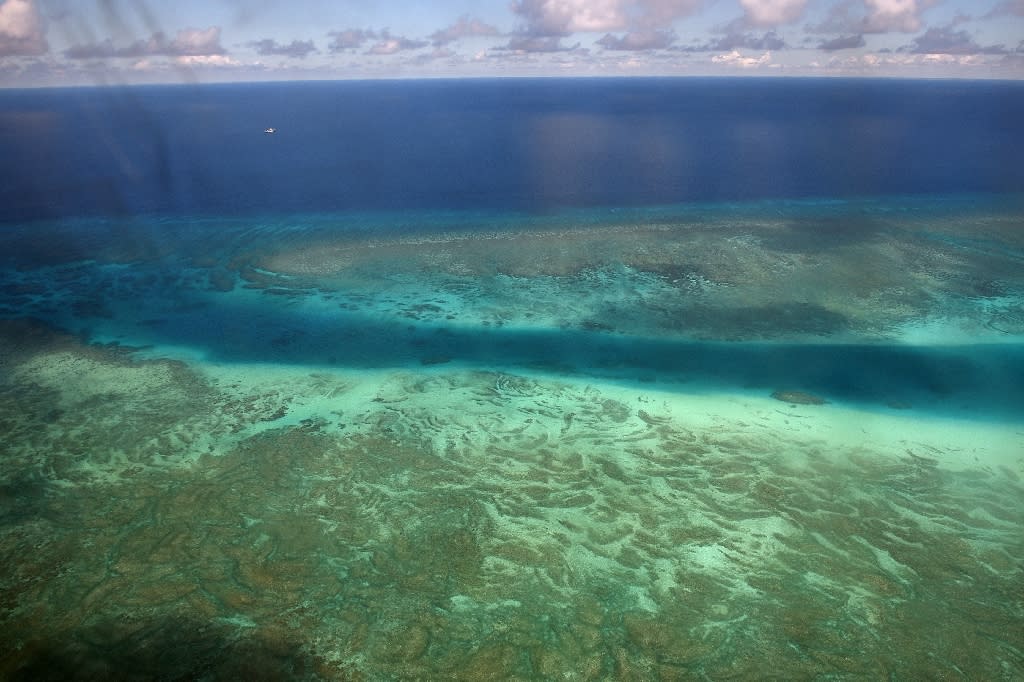
news.yahoo.com

